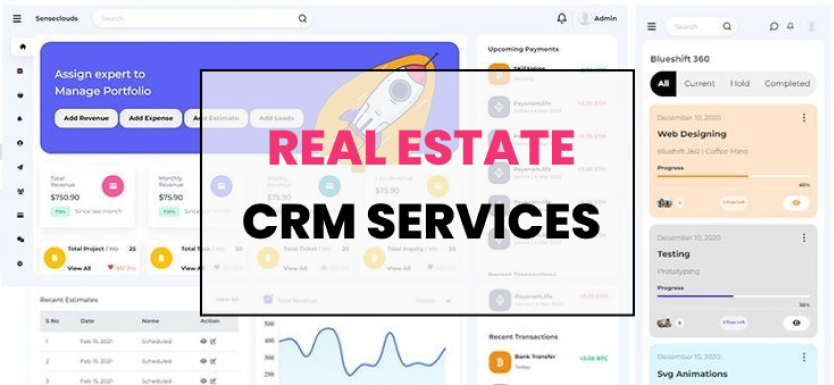Another significant advantage of CRM for real estate professionals is enhanced lead management and conversion. CRM tools are designed to capture, track, and nurture leads throughout the sales funnel. Automated features can help prioritize leads based on their likelihood to convert, ensuring that agents invest their efforts where they are most likely to see results. Additionally, CRM systems can provide insights into lead behavior and preferences, allowing for more personalized and effective marketing strategies. This targeted approach not only increases the chances of converting leads into clients but also helps in maintaining long-term relationships.
Key CRM Features for Real Estate Agents
CRM software offers a wide range of features tailored to meet the unique needs of real estate agents, starting with comprehensive lead and contact management. This feature allows agents to store and organize all client and lead information in one place, ensuring easy access to contact details, communication history, and preferences. This centralized database helps agents track interactions, schedule follow-ups, and maintain a clear overview of their client relationships, leading to more efficient and effective client management.
Another essential feature is the automation of marketing and communication tasks. CRM systems can automate various marketing activities, such as email campaigns, social media posts, and property alerts. This automation not only saves time but also ensures consistent and timely communication with clients and leads. Additionally, CRM tools often include templates for emails and messages, making it easier for agents to send professional and personalized communications. Automated reminders and notifications also help agents stay on top of important tasks and deadlines.
Lastly, analytics and reporting capabilities are crucial features of CRM software for real estate agents. These tools provide insights into sales performance, lead conversion rates, and marketing effectiveness. Agents can generate detailed reports to understand trends, measure success, and identify areas for improvement. With real-time data and analytics, agents can make informed decisions, optimize their strategies, and ultimately enhance their business performance. Overall, the analytical power of CRM systems empowers real estate professionals to refine their operations and achieve better results.
Harnessing CRM Integration for Sustainable Growth
Harnessing CRM integration is a powerful strategy for ensuring sustainable growth in the real estate industry. By centralizing client information and automating routine tasks, CRM systems free up valuable time for agents to focus on high-impact activities such as building relationships and closing deals. The ability to manage and analyze data from a single platform allows agents to gain deeper insights into client behavior and market trends. This informed perspective enables more strategic decision-making and helps in tailoring services to meet client needs effectively, ultimately driving long-term business growth.
Furthermore, CRM integration fosters improved client retention and loyalty, which are critical for sustained success. Automated follow-ups, personalized communication, and timely service ensure that clients feel valued and well-served, enhancing their overall experience. Satisfied clients are more likely to provide repeat business and refer others, creating a steady stream of leads. Additionally, the data-driven approach facilitated by CRM systems helps in continuously refining and optimizing marketing strategies, ensuring that efforts are both efficient and effective. This combination of enhanced client relationships and strategic marketing paves the way for enduring growth in the competitive real estate market.

